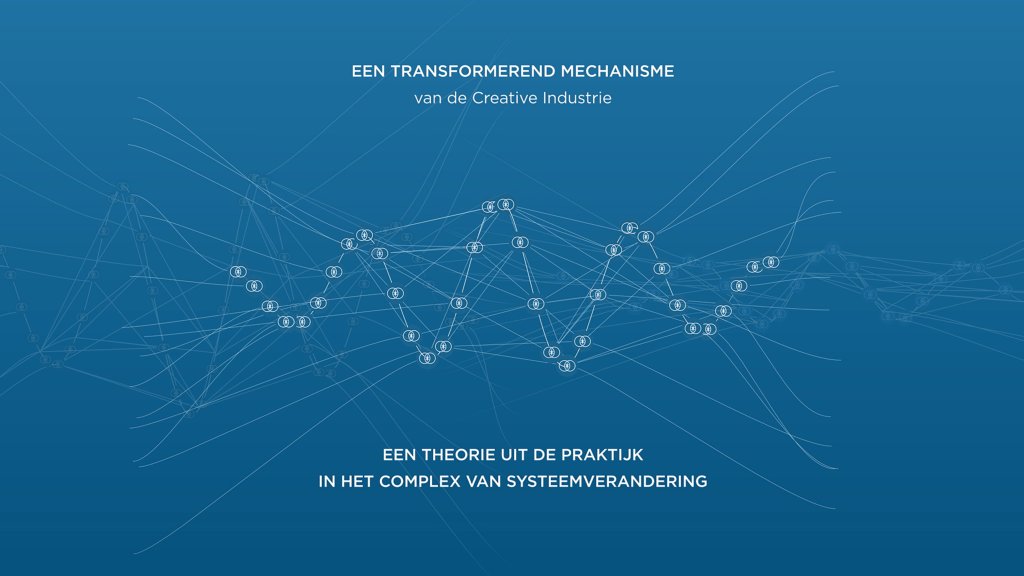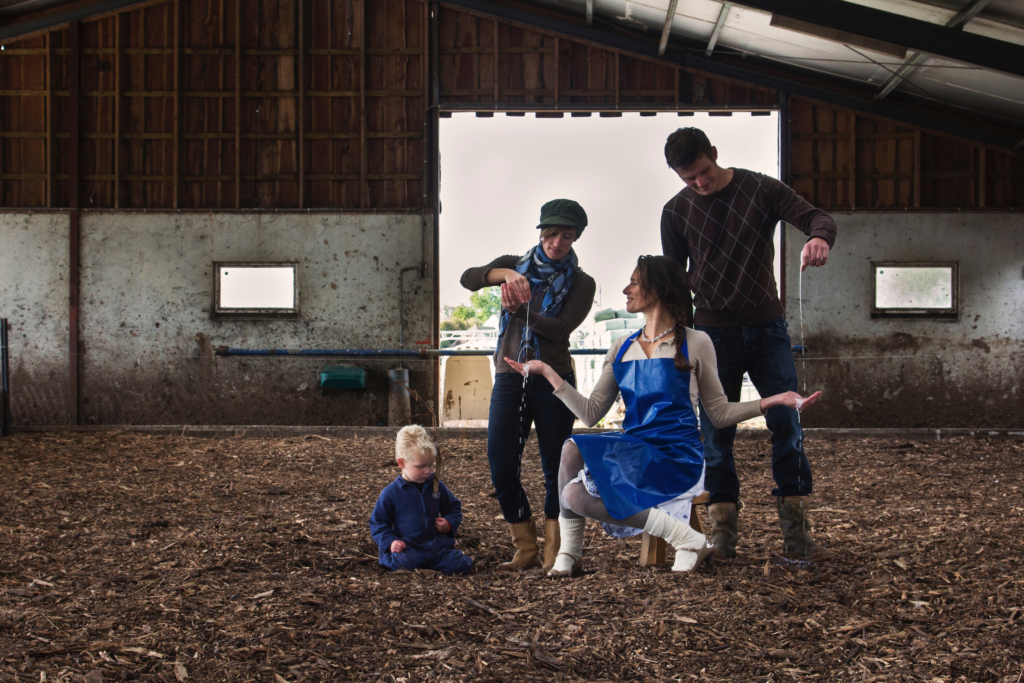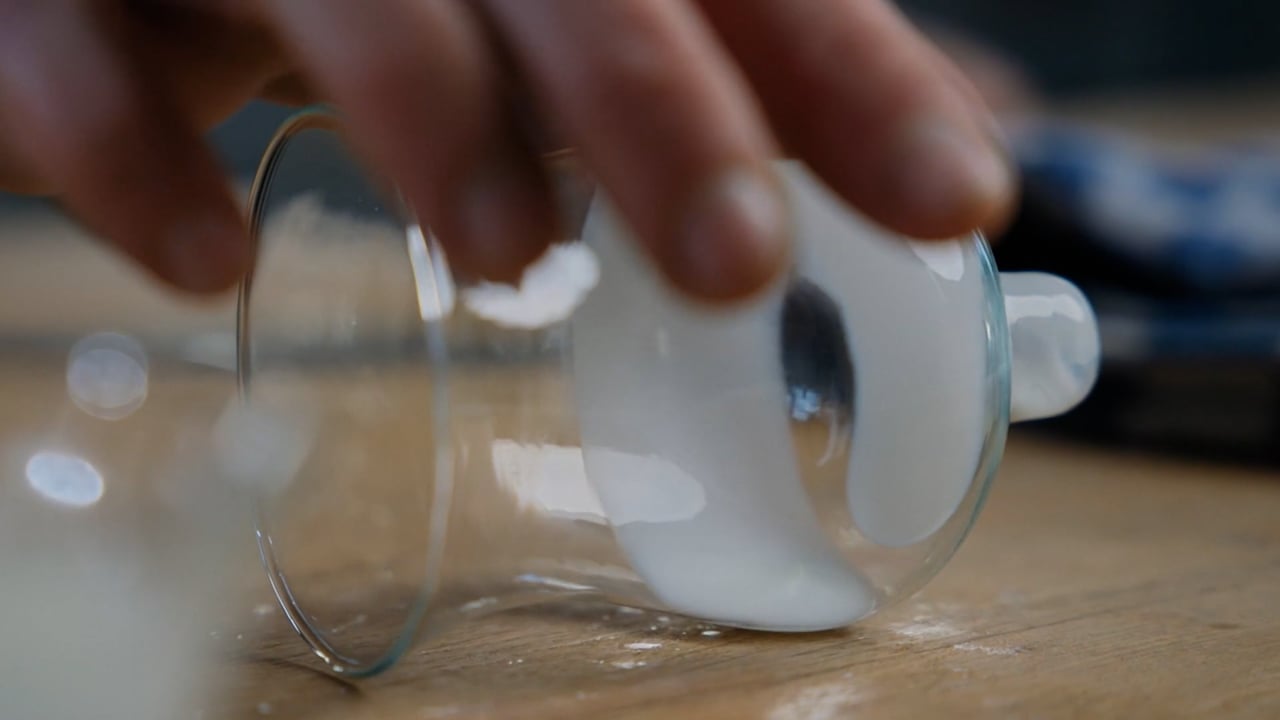System Transformation involves a complex protracted process of interdependencies. Design is increasingly being involved in these processes, as driving interventions. Our understanding of the right positioning of design, within the longer term of system transformation, is still limited. The role of embodiment has been shown to contribute to complex transformative design quests with multistakeholder involvement. How does the implementation of embodiment evolve, looking at the longer term of a transformative process.
To develop and strategize the impact of design and embodiment over the longer term of systemic change, Sietske Klooster started the MilkSalon: a 7-year design process aimed at contributing to system transformation in the dairy sector.
In the MilkSalon Klooster aimed for role development over the longer term, to the point of reaching true innovation, impacting social, ecological, technological and business levels.
Based on her experiences with the MelkSalon, extensive auto-ethnography, and participant interviews, Sietske developed a dynamic model of different design roles and working principles. The model is designed to help strategic well-chosen positioning of different sorts of design interventions across the longer term of Systemic Change.
Sietske and a selection of project participants have created a documentary and animations that show the way roles and working methods evolved. These documents will be presented through interactive viewings with multistakeholder and multidisciplinary audiences. In this way, the learnings can be deepened through the different perspectives of the audience.
This project does not position designers to design systemic change as such, but shows how designers can embed themselves in the longer term of systemic change processes. Designing in systemic change requires an evolution of attitudes, skills, knowledge and ownership. It requires strategic implementation of different approaches and tools to co-create with stakeholders.
Sietske Klooster developed her model through experience with a very large and varied set of stakeholders and coworkers. The model helps designers and stakeholders to formulate and strategise impactful embedment of design within long-term system transformation.






